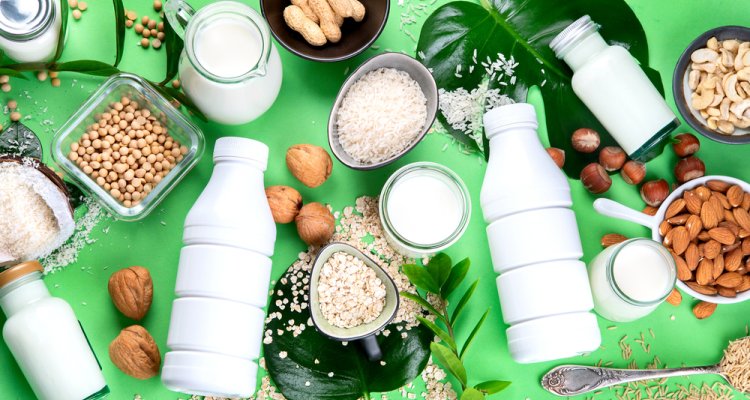
PhD defence
Lipid oxidation in emulsions stabilized with plant protein ingredients- The relevance of non-protein components -
Summary
Many foods are emulsions (e.g., dairy products, infant formula, sauces). To improve the nutritional quality of such products, oils with polyunsaturated fatty acids are used. This, however, makes emulsions prone to oxidation and thereby to become rancid. This can be mitigated by the use of antioxidants. Currently, synthetic antioxidants are the primary choice of food producers, albeit not the preferred choice from a consumer perspective. Alternatively, plant protein ingredients can be used although these contain various non-protein components that are expected to affect lipid oxidation both in positive and negative ways. The aim of this thesis was to establish how the components of plant protein ingredients affect lipid oxidation in emulsions, with special attention to the non-protein components. We showed that these components as such, and certain ratios (e.g., phospholipid-protein) are critical. These findings are crucial for the design of food products that allow the shift towards sustainable, plant-based diets.